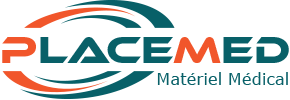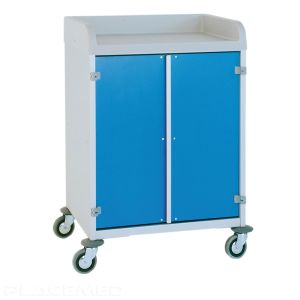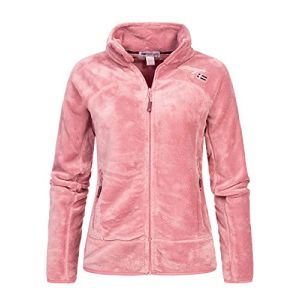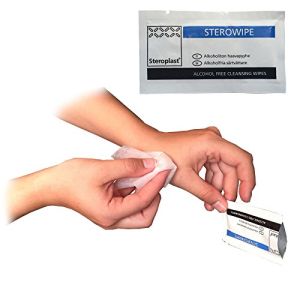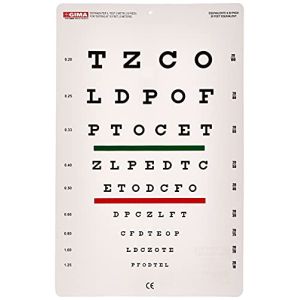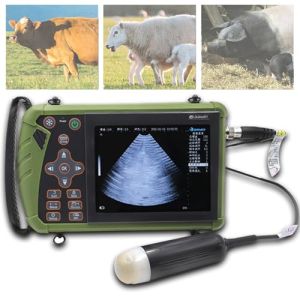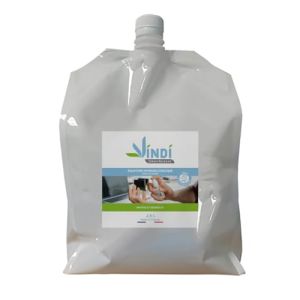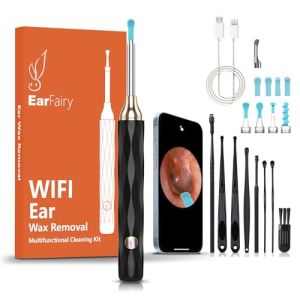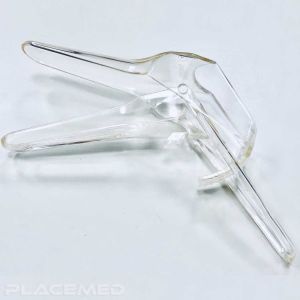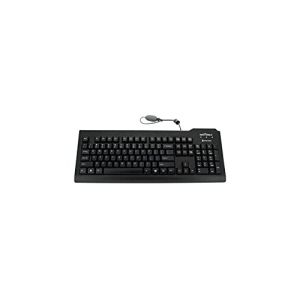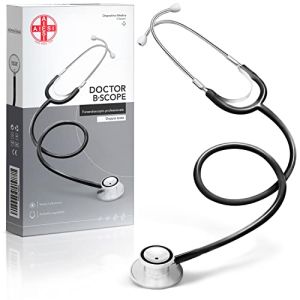The Essentials to Include in Your Medical Attire
Medical attire is more than just a matter of appearance. It reflects your professionalism and plays a crucial role in protecting both healthcare workers and patients. But what are the essential items to include in your outfit to ensure comfort, safety, and efficiency? Discover our complete list of must-haves for professional medical attire.

1. The Essentials of Medical Attire
The foundation of any medical attire lies in functional, comfortable clothing suited to the demands of a hospital environment.
1.1. Medical Tunic
The tunic is a central element of medical attire. It should be made from breathable, durable, and easy-to-care-for materials. Choose a cut that allows easy movement, with pockets large enough to store essential accessories.
1.2. Medical Pants
Paired with the tunic, medical pants should offer optimal comfort throughout the day. Favor soft, durable fabrics that can withstand frequent washing. A well-fitted cut will prevent snags and discomfort while moving.
1.3. White Lab Coat
A timeless symbol of the medical field, the white lab coat adds an extra layer of protection and enhances your professional image. Available in various lengths and styles, choose one that best fits your needs and specialty.
2. Suitable Medical Footwear
Spending long hours on your feet requires comfortable and secure shoes. The risks of slips and foot pain should not be taken lightly.
2.1. Medical Clogs
Clogs are appreciated for their easy slip-on style and lightness. They offer good ventilation, ideal for preventing excessive sweating. Choose models with slip-resistant soles to ensure safety.
2.2. Lace-Up or Velcro Shoes
For better foot support, lace-up or Velcro shoes are an excellent option. They provide a precise fit and optimal support, reducing fatigue and risk of injury.
2.3. Medical Sneakers
Combining comfort and modernity, medical sneakers are designed for those seeking an alternative to traditional shoes. They feature cushioned soles and are often made from breathable materials.
3. Essential Accessories
Beyond clothing and shoes, certain accessories are essential for effective professional practice.
3.1. Name Badge
A badge allows patients and colleagues to quickly identify you, reinforcing trust and facilitating communication. Opt for a retractable badge holder for added convenience.
3.2. Medical Watch
Essential for measuring pulse or timing interventions, a medical watch should be water-resistant and easy to read. Models with a second hand are particularly recommended.
3.3. Stethoscope
An essential tool for many healthcare professionals, the stethoscope should be chosen carefully. Prioritize acoustic quality and ease of use.
3.4. Medical Scissors
Used for cutting bandages or clothing in emergencies, medical scissors should be sturdy and reliable. Stainless steel models ensure optimal durability.
3.5. Notebook and Pen
Having writing materials on hand is essential. Choose pens with permanent ink and compact notebooks that easily fit in your pockets.
4. Personal Protective Equipment (PPE)
Personal protection is paramount to prevent infections and ensure everyone's safety.
4.1. Gloves
Whether made of latex, nitrile, or vinyl, gloves are essential to prevent cross-contamination. Ensure they are the correct size to maintain optimal dexterity.
4.2. Masks
Surgical and FFP2/FFP3 masks offer different levels of protection. Choose the type that fits your needs and follow usage protocols.
4.3. Protective Glasses
They protect your eyes from liquid splashes or particles. Anti-fog and adjustable models offer additional comfort.
4.4. Gowns and Aprons
For high-risk procedures, additional protection is necessary. Waterproof gowns, whether disposable or reusable, are essential in these situations.
5. Undergarments and Additional Layers
For optimal comfort, don't overlook what you wear beneath your medical attire.
5.1. Thermal Underwear
Ideal for maintaining warmth in air-conditioned environments, they should be breathable to prevent excessive sweating.
5.2. Compression Socks
They promote blood circulation, reducing fatigue and swelling caused by long periods of standing.
5.3. T-Shirts and Polos
Worn under the tunic, they add a layer of comfort. Choose soft, absorbent, and hypoallergenic materials.
6. Tips for Maintaining a Professional Appearance
A well-maintained appearance reflects your professional commitment and reassures your patients.
6.1. Hygiene and Cleanliness
Wash your medical attire after each use. Use suitable detergents to effectively eliminate bacteria and viruses.
6.2. Clothing and Accessory Care
Regularly inspect the condition of your clothing and accessories. Replace them at the first signs of wear to maintain a pristine appearance.
6.3. Adherence to Dress Code
Each institution may have its own guidelines. Ensure you follow them, especially regarding colors, patterns, and permitted accessories.
7. Where to Find Medical Attire Essentials
Placemed is your go-to marketplace partner for head-to-toe medical attire. Specializing in medical wear, Placemed offers a wide range of quality products:
- A variety of tunics and medical coats in diverse styles and sizes.
- A varied selection of shoes and medical clogs that combine comfort and safety.
- All the essential accessories to complete your attire.
Take advantage of Placemed's expertise to receive personalized advice and find items that perfectly meet your needs.
8. FAQ
8.1. Why is it important to have complete medical attire?
A complete outfit ensures your protection from contaminants, enhances your comfort at work, and helps build trust with patients.
8.2. How do I choose the right size for my medical attire?
Refer to the size guides available on specialized sites like Placemed. Don't hesitate to take your measurements for optimal accuracy.
8.3. Can I personalize my medical attire?
Yes, many customization options are available, such as adding your name or your institution's logo. However, ensure this complies with your employer's policies.
8.4. How often should I wash my medical attire?
To maintain high hygiene standards, wash your uniform after each day of service.
8.5. Where can I find quality medical accessories?
Specialized sites like our marketplace, Placemed, offer a wide selection of accessories meeting medical industry standards.
9. Conclusion
Investing in complete and high-quality medical attire is essential for performing your duties under optimal conditions. Each element, from clothing to accessories, plays a crucial role in your professional daily life. Take the time to choose items suited to your needs, that meet standards, and will provide you with satisfaction in the long term.
Don't hesitate to share your experiences and advice with colleagues to contribute to an even more professional and secure work environment.
 Francais
Francais 